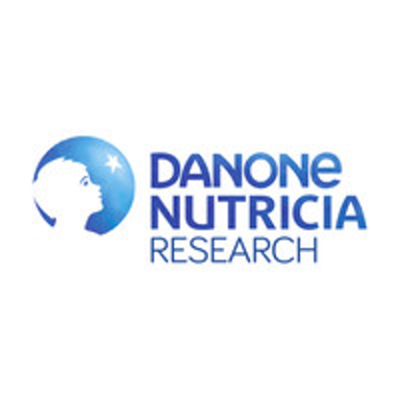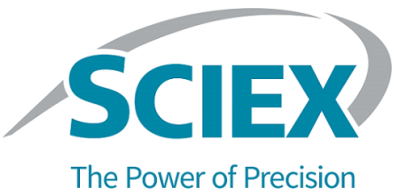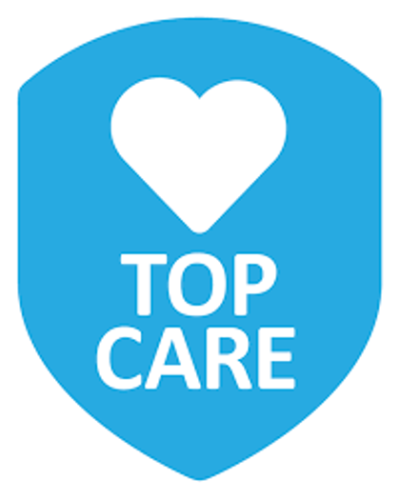Understanding metabolic factors determining COVID-19 disease progression for personalised interventions
A team of 12 partners from academia and medical centers including Leiden University, Utrecht University, UMCU, LUMC and Erasmus MC together with industrial partners AB Sciex, Mimetas, Euretos, Khondrion, Danone-Nutricia, Eyesiu Medicines and the patient organisation Topcare have combined their expertise to improve diagnosis and treatment of COVID-19 patients.
The objective of this project is to support the fight against COVID-19 by predicting which patients will develop severe symptoms and to contribute to develop suitable interventions for patient subgroups. This more personalized approach will lead to an improvement of patient outcomes and a shorter stay at intensive care units. We will employ metabolomics profiling of COVID-19 patient blood in order to identify prognostic biomarkers and therapeutic targets for disease management, including prevention strategies, nutritional treatment and support.
COVID-19 care will benefit from insights in systemic immunologic and immuno-metabolic states, which are suspected drivers of acute responses. Specifically, this will shed new light on the role of endothelial dysfunction. For this, we will measure about 5.000-7.000 metabolic profiles in COVID-19 patients. By combining the metabolomics data with computational models and validating potential interventions in organ-on-a-chip models using metabolomics as read-out, we will evaluate and prioritize therapeutic interventions and allow stratification of patients. The data generated from this project will be translated to clinical practice by consortium partners within project runtime to support ICU care, as well as other patients at risk. In this way, we can improve COVID-19 patient care, monitor the effect of new and old drugs, and optimize diet and food supplements on a very short term. Metabolic biomarkers were found that are involved in critical disease progression, and metabolic biomarkers were found that predict an embolism event.
The impact of the project goes beyond the current COVID-19 pandemic by providing a roadmap for the identification, patient stratification, and improved treatment of other viral infections (known and unknown, such as SARS/MERS-like viruses, Flu viruses, HIV, Hepatitis, Ebola virus) and other non-viral diseases.











